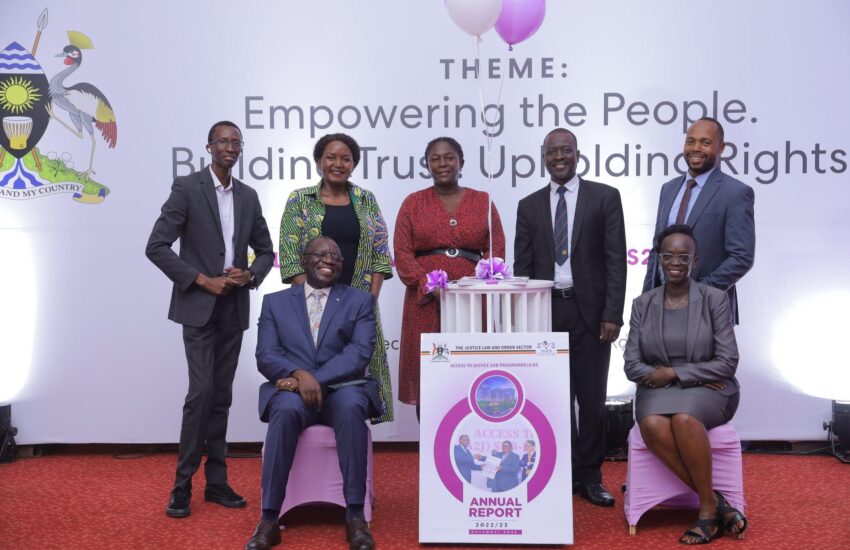Uganda’s Courts Must Embrace Online Dispute Resolution to Improve Access to Justice
Uganda’s judicial system remains largely analogue, making access to justice difficult for many citizens. A recent Afrobarometer survey (Dispatch No. 821, July 2024) found that only 28% of Ugandans with legal issues seek resolution through local courts due to delays, high costs, and inaccessibility.
Challenges in Uganda’s Court System Despite some digital initiatives like the electronic court case management system (ECCMIS) and video conferencing (VC), these technologies are only available in 30 out of 726 court stations, mostly in central Uganda. Many citizens must travel long distances to file documents and attend hearings. The survey also revealed that:
- 81% of court users report excessive delays in resolving cases.
- 77% find legal services expensive and procedures difficult.
- 66% struggle with the distant location of the court premises.
The Case for Online Dispute Resolution (ODR) ODR can transform Uganda’s legal system by allowing people to:
- File claims and submit evidence online.
- Attend hearings remotely via live streaming with real-time transcription.
- Reduce travel costs and speed up case resolutions.
Global ODR Success Stories
- China’s Internet Courts: Handles legal disputes fully online, resolving cases in an average of 38 days.
- UK’s Online Small Claims Court: Processes disputes entirely online, reducing backlog and delays.
- India’s ODR for Business Disputes: Streamlines commercial dispute resolution, cutting costs and increasing efficiency.
Steps to Implement ODR in Uganda
- Expand Digital Infrastructure: Scale up ECCMIS and VC to more court stations nationwide.
- Legislative Support: Establish laws that recognize and regulate ODR processes.
- Public Awareness & Training: Educate legal practitioners and court users on ODR.
- Tech Partnerships: Collaborate with technology firms to develop secure ODR systems.
- Improve Internet Access: Enhance connectivity, especially in rural areas.
Conclusion ODR is not just a technological upgrade—it is essential for ensuring faster, more affordable, and accessible justice in Uganda. By adopting digital solutions, Uganda’s Judiciary can bridge the justice gap and make legal services more efficient for all citizens. The time to act is now—bringing justice closer to the people, one click at a time.
Compiled by:
Daniel Claude Ojakol
Data Clerk
Justice Law and Order secretariat.

